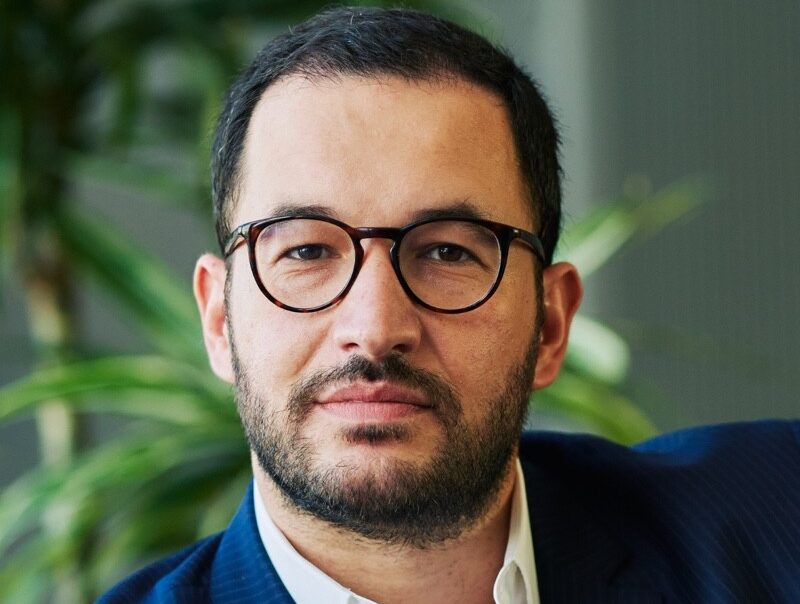If you were to think of a ‘management consultancy firm’, chances are you’d envision it being led by a team of middle-aged men donning expensive suits and decades of experience – and more often than not, you’d be right.
After all, such a business does require employees with thorough understanding of an array of seemingly convoluted subjects.
Superficially, Edward Cachia’s Machia might seem like your run-of-the-mill management consultancy firm; but a deeper dive into the company’s operations uncovers a young, dynamic, and agile team ready to treat its clients to a unique experience.
Founded in 2017, the Machia team is comprised of a set of youths passionate about making huge yet silent changes to the world around them.
Speaking to MaltaCEOs.mt, the Machia Founder looks back at how he created the company by unifying his “personal interest in the connectivity between international politics and financial markets” and a “potential market opportunity.”
“Machia’s main aim is to help companies’ directors and C-level management to better understand how political decision-making affects the different facets of their company – such as their investments, revenue generation, and critical company goals,” Edward says.
Rather than hiding behind an ambitious mission to deviate attention away from their youth, the Machia team take this in their stride and make it an intrinsic part of the company’s vision.
A quick look at Machia’s website is enough to prove this.
“We help clients progress through our increasingly complex world by thinking fearlessly. We explore the unknown with our clients, be they industry leaders, emerging challengers, agents of change, or pioneered achievers,” the Machia mission reads.
“We are more experienced than our age might lead you to believe. The experience was being grounded long before Machia came to be. Do not be put off by our youthfulness, we are ready to help you and your company on your endeavours,” it continues.
It’s safe to say that the company’s unique approach to the world of management consultancy has paid off, as Edward describes how within Machia’s “first year, [it] managed to open an office in London.”
And whilst the team’s young nature did make its journey a bit more difficult, Edward’s biggest challenge since founding the company has been handling the perception of Machia’s product.
“Malta’s unsophisticated with regards to true politics, that is, outside the country’s typical partisan ‘politics’. Being young can create difficulties in selling the product, but one can easily create strategies to overcome such an issue,” the young Founder says.
Another relatively major challenge that Edward and his team ran into was bringing Machia, as a registered company, to life.
“Information about this is very scarce and undetailed. This is a huge shame because it can easily push youngsters away from entering the entrepreneurial world,” Edward recalls.
After overcoming that initial hurdle, Machia has built up enough momentum to help catapult it into a future of success. Pair that with Edward’s unending ambition, and you’ve got an unstoppable enterprise.
“2021 is showing to be a year of surgency for Machia, which can be used to its advantage in 2022 and beyond,” the Machia Founder says.
Turning his attention to other young entrepreneurs, Edward urges them to “create [their] product before creating [their] company.”
“Never stop testing your product and create solutions to any issue that product testing might show – it’s better to have one company with a solid product rather than six or seven with poorly-designed and easily replicable products,” he says.
“Most importantly of all – take care of yourselves. Your health, both mental and physical, is a priority, obsessing over finalising a sale isn’t,” he concludes.
Featured Image:
Edward Cachia / LinkedIn
‘A nation shaped by foresight’: ROCS director reflects on 28-year bond with Dubai
Rachel Vella says strong foundations don’t weaken under pressure, but recalibrate, adapt and rise stronger.
IZI Finance plc announces second bond issue and listing on the Malta Stock Exchange
The Group’s performance is supported by a clear focus on innovation, digital transformation and operational excellence, across its core business ...
Hili Properties confirms departure of Managing Director Georgios Kakouras
Daniela Pavia continues as Interim CEO
‘A real honour’ – Co-Founder of Bracket on securing Malta Venture Capital fund investment
The company has recently raised $7 million in seed funding.









